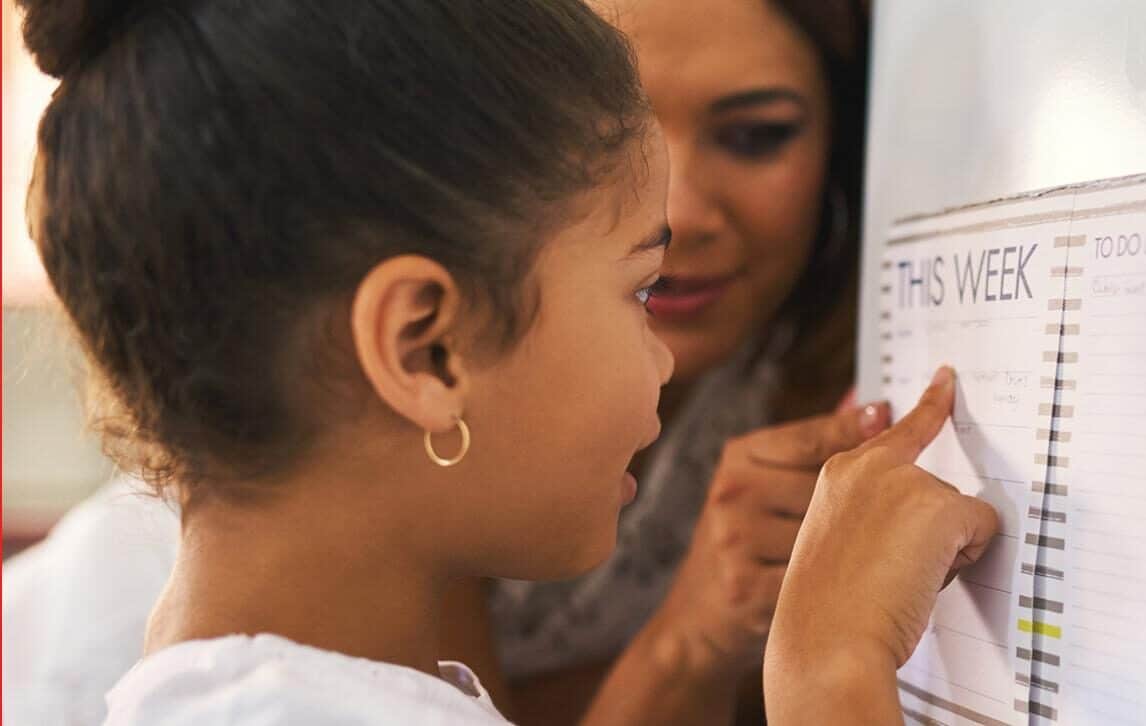Starting Kids Young with Personal Finance

Every parent wants their child to grow up into a financially savvy adult. But for young kids, money can seem abstract and a little boring—especially when they’re used to toys and treats that seem to magically materialize without understanding what it takes to earn a dollar.
If you’re stumped on how to start teaching your kids about personal finance, consider assigning chores around the house and rewarding kids with an allowance. It’s a hands-on way to illustrate money lessons, even for the youngest members of your household.
But before you start doling out cash each week, think ahead about how you plan to approach chores and money with your kids:
1. Decide which chores you’ll pay for—and which you won’t.
Some chores, like making the bed, occur daily. Others might be sporadic, like shoveling snow or dusting picture frames. Chances are, you won’t pay for every chore. Decide which chores will be rewarded with an allowance, and use a chore chart to make it easy for you and your kids to keep track of progress.
2. Help kids decide how they’ll use their earnings.
Instead of handing over cash without any limitations, work with your kids to come up with a savings and spending plan for their allowance that you can both agree on. Maybe half of their earnings go toward saving and the other half can be spent as your child pleases. The American Bankers Association also suggests the “three jars” method: One jar for spending, one for saving, and one for making contributions to your child’s favorite charity, to start instilling a philanthropic attitude early in life.
3. Be a model of good spending and saving habits.
Young kids are sponges and they learn by example, so it’s important for you to model good habits like paying bills on time and sticking to a budget. The ABA also recommends opening a savings account in your child’s name and making regular visits to the branch together to make deposits. At WaterStone Bank, our Blue’s Jr. Bankers Savings Account teaches kids to master the art of saving and establish good financial habits while they earn rewards. Even something as simple as giving your child a wallet or piggy bank can make personal finance more interactive, fun and memorable for children.

